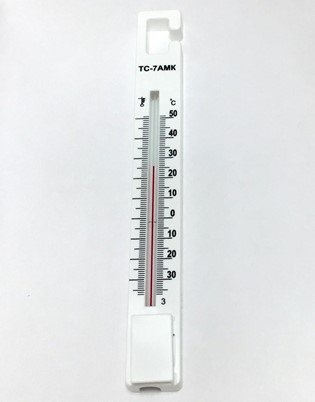How many contacts are in your book? Where to look for new partners in a pandemic

Scroll through the contact list on your phone. I have 3459 of them, and you? Imagine that our network of contacts is a sandbox in which children play. Speaking of networking, expanding the network of contacts, we mean joining our sandbox to a neighboring playground, yard, and maybe even a sandbox in the village of grandparents. In 2020, due to the pandemic and restrictions, the world of our sandbox has collapsed. Consider the main trends that are faced today by those who are important to maintain their network of acquaintances.
Three trends in networking1. Communication is forced to go online
Business is made by people and many decisions are still based on personal relationships. Before COVID-19, one of the main ways to expand the network of professional contacts was conferences: a deep delusion - to believe that they are needed primarily to hear about new tools. Companies spent large sums sending employees to specialized events. In 2020, the world of conferences has partially moved online and turned into a lecture hall.
Even if we imagine that “halls” are organized at an online conference where you can get to know each other and communicate, the conversion of this format into high-quality contacts and building relationships is depressingly low.
Chatting in Zoom, Skype and WhatsApp, you can continue to work, be distracted by your pet, even turn off the camera and wash the dishes: attention is scattered and not completely devoted to the interlocutor. At the same time, even communication delays during online meetings for a few seconds are perceived by the listener as inattention - such conclusions were made by Katrin Scheinberg, Alexander Raacke and Judith Keppe, scientists from the Telekom Innovation Laboratory (a partner project of Deutsche Telekom and the Technical University of Berlin) based on the results of the study in Germany.
In the English-speaking environment during the pandemic, the term Zoom Fatigue has become popular - burnout and fatigue from online meetings. And most importantly: online does not give the participants of the event the opportunity to raise glasses together, and then go to dances or smoke cigars, and this is a shared experience that launches relationships.
I do five or six interviews every day. Previously, these were offline meetings, many of which have grown into friendly and even friendly relations with candidates. Over the year, the number of such “continued” relationships after online dating has greatly decreased.



























































